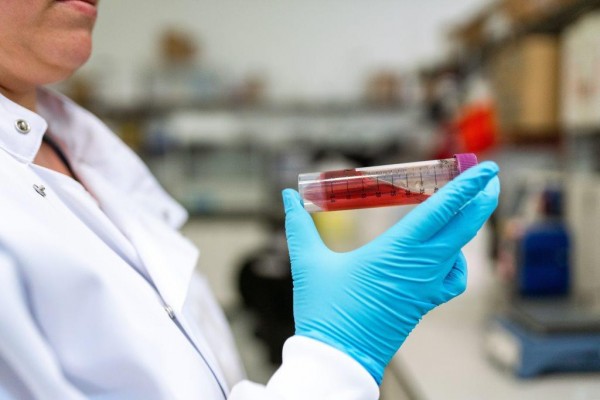Blood, Salivary, and Fecal Home Test Kits: Yay or Nay?

The success of medical home testing kits started in the 70s with pregnancy tests. To date, there are more rapid and simple tests for ovulation. An individual can monitor his blood pressure, too, as a test for colon cancer, HIV, weakening vision, urinary tract infections, or hepatitis C.
Some products may come out with instant results. In contrast, the others, since they are designed as "sample collection" devices, need to be sent to a laboratory or further evaluation and processing.
A lot of consumers are in favor of home testing due to the convenience it provides them. A simple, rapid test at home eludes the hassle of traveling to the doctor's clinic, which is often time-consuming.
Additionally, home testing provides increased privacy with features, such as setting up a personal identification number.
ALSO READ: Vitamin D as a COVID-19 Breakthrough and How It Can Alleviate the Impact on BAME People
Kits Available for Self-Testing at Home
For some critics, home test kits stimulate excessive anxiety. They are considered "a waste of time and money" as they are not reliable and, at times, do not give accurate results if not administered correctly.
Despite this, the growing desire of consumers when it comes to detecting some health conditions early is "what's making the home testing trend" more wanted.
If you're one of the many who are in search of home testing kits, it is important to understand necessary information about such kits and which ones are safe and available. It is essential to know too, how they work.
Read on and see if there is an available kit for a specific health condition you want to test yourself at home.
DON'T MISS THIS: How Does DNA Testing Work to Reveal Details about You
HIV Test
According to the study, millions of Americans have HIV. However, among the reasons why they hesitate to get tested include anxiety, embarrassment, discomfort, and lack of concealment.
An individual can get tested for HIV in two ways: through blood or saliva, and he can go through any anonymously.
One will find an HIV home test kit that will allow him to test for either HIV-1 or HIV-2 antibodies through the use of saliva samples. This is a rapid test that can show results in less than 45 minutes.
Meanwhile, the HIV home test kit done through blood samples is explicitly designed for HIV-1 antibodies. It necessitates that one sends a blood sample to a lab after he sets up his own PIN.
Results for this test are usually available after seven days or depending on where the blood sample is coming from. It is noteworthy that only individuals aged 18 years and older can get the test.
Hepatitis C Test
This is available over the counter and done using a blood sample. One needs to mail his collected blood sample to a laboratory for testing. As in the HIV test, it takes one week to be available for the results.
Before sending the sample to the lab, the user needs to register the kit first by calling the number as indicated in the package and entering the assigned PIN shown in the kit, providing anonymous and confidential testing.
For guaranteed proper use of the kit, counselors are usually available 24 hours each day to talk with the consumers before and after each use of the test kit.
Fecal Occult Test
You'll find various products for home testing kits for blood in the stool. The customary way to do this is through the stool card, where one puts a sample of his stool onto the testing area. There are toilet bowl tests available too, which do not require the user any handling of his stool.
Notably, one can get a false negative result if he is taking over 250 milligrams of Vitamin C daily.
It is important to know, too, that testing for blood in stool is not the exact test to get for colorectal cancer. A lot of people with this illness do get a positive fecal occult blood test as well as other health conditions that may lead to the appearance of blood in the stool, which includes hemorrhoids, anal fissure, and peptic ulcer disease, among others.
Jun 22, 2020 10:00 AM EDT





